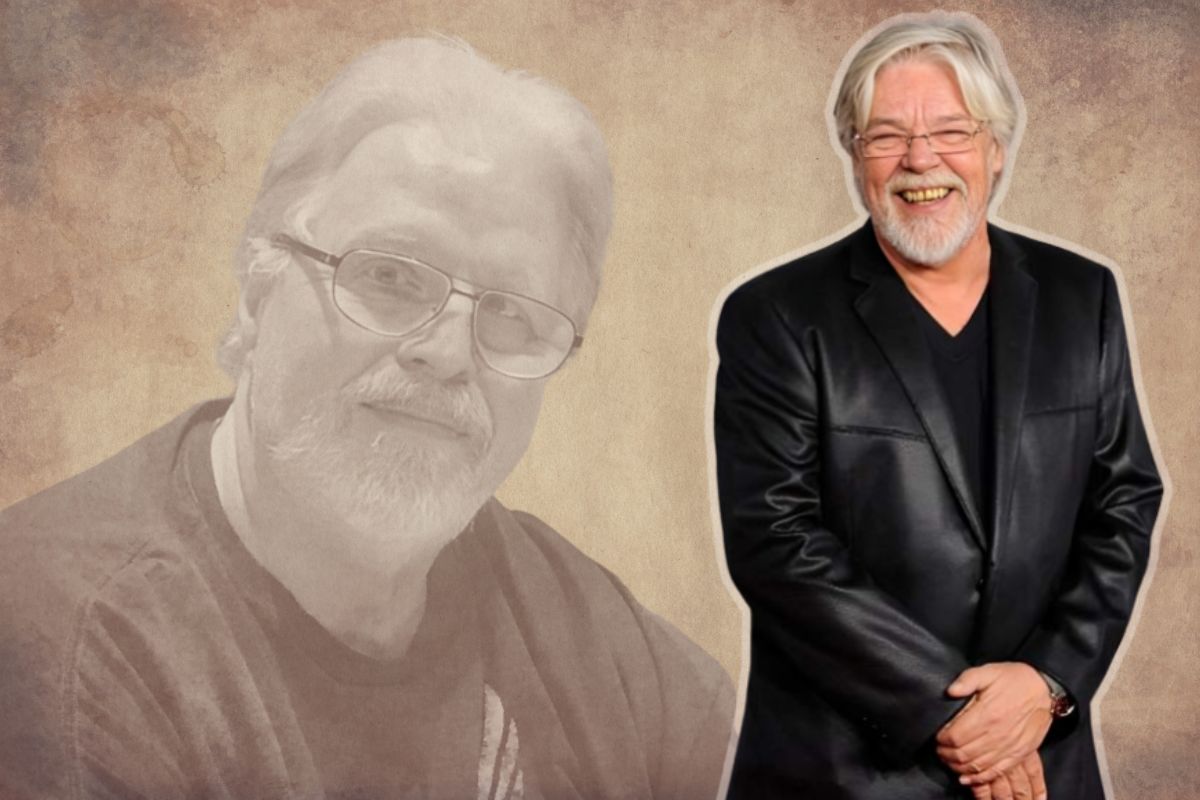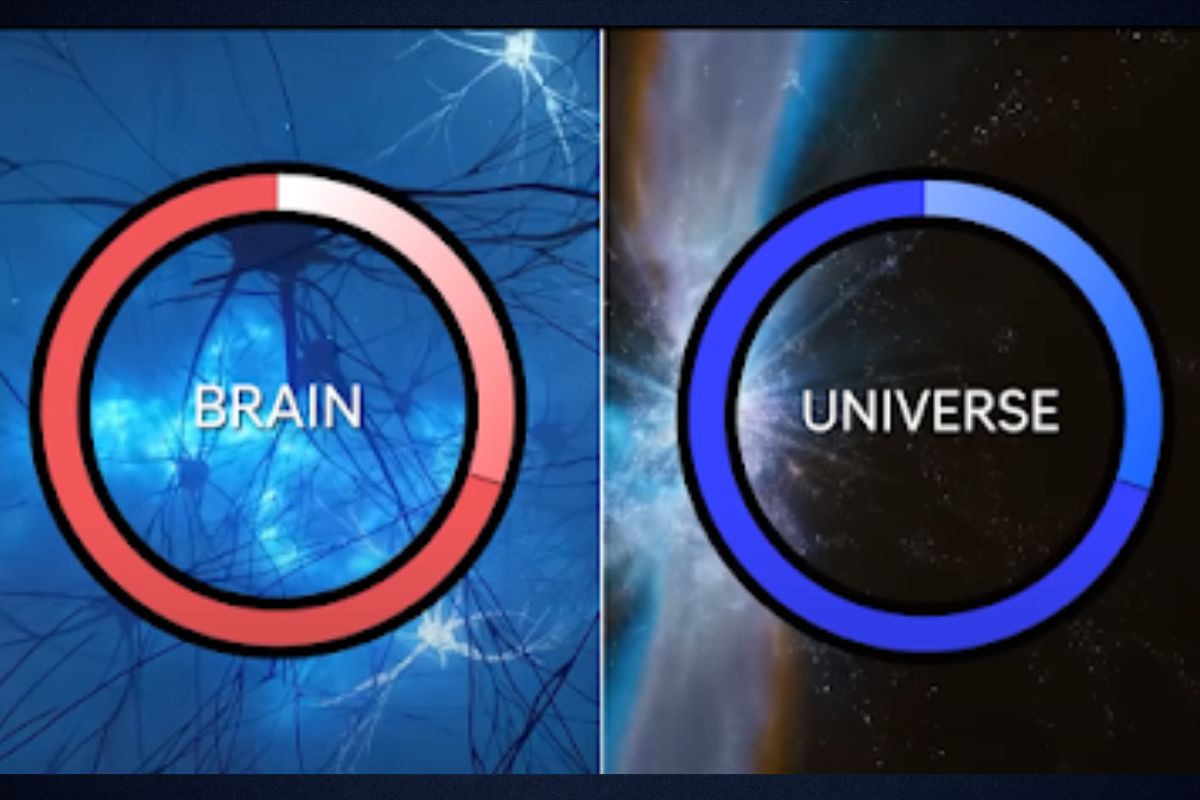The Brain Universe Theory is a conceptual framework that posits a profound and intricate connection between the human brain and the broader cosmos. At its core, this theory suggests that the universe and the human brain are intricately linked in a manner that goes beyond mere metaphorical comparisons.
Advocates of this theory propose that the intricate network of neurons in the human brain mirrors the cosmic web of galaxies, implying a deep and fundamental relationship between the microcosm of our minds and the macrocosm of the universe.
Significance and Relevance
The significance of the Brain Universe Theory lies in its potential to reshape our understanding of the cosmos and human consciousness. If proven true, it would imply that the universe is not just an external entity that our brains observe but an integral part of our cognitive processes.
This interconnectedness could provide insights into the nature of consciousness, cognition, and the very fabric of reality. Moreover, the theory has relevance across various scientific disciplines. In neuroscience, it prompts exploration into the cosmic-scale organization of neural networks and how this might influence cognitive functions.
On the cosmological front, it challenges traditional views and opens avenues for investigating the role of consciousness in the evolution and structure of the universe. Beyond its scientific implications, the Brain Universe Theory holds philosophical and metaphysical significance.
It raises questions about the nature of existence, the purpose of consciousness, and the potential interconnectedness of all things in the vast cosmic tapestry. As such, the theory invites us to reconsider our place in the universe and contemplate the profound relationship between the human mind and the cosmos.
Historical Background
Origins of The Theory
The roots of the Brain Universe Theory can be traced back to a confluence of ideas from various scientific and philosophical traditions. While the concept of interconnectedness has ancient roots in Eastern philosophies, the modern formulation of the theory emerged from the intersection of neuroscience, quantum mechanics, and cosmology.
Early inklings of this theory can be found in the works of thinkers like Carl Jung, who explored the idea of a collective unconscious that transcends individual minds. In the 20th century, as advancements in neuroscience and cosmology accelerated, scientists and theorists began to contemplate the possibility of a deeper connection between the human brain and the universe.
Key Contributors and Their Contributions
Several key figures have played pivotal roles in shaping and advancing the Brain Universe Theory. Physicists such as Roger Penrose, with his exploration of consciousness in relation to quantum mechanics, and neuroscientists like Giulio Tononi, who developed the Integrated Information Theory, have contributed significantly to the theoretical underpinnings.
Interdisciplinary collaborations have also been crucial, as researchers from diverse fields bring their expertise to bear on this complex and multifaceted theory. The synthesis of ideas from physics, neuroscience, and philosophy has created a rich tapestry of thought that forms the basis of the Brain Universe Theory.
As the theory evolved, it garnered attention and scrutiny, leading to a dynamic interplay of ideas and refinements. This historical context provides the foundation for understanding how the Brain Universe Theory has developed over time, laying the groundwork for the exploration of its core principles.
Core Principles Of Brain Universe Theory
Fundamental Concepts
Relationship between The Brain and The Universe
The core proposition of the Brain Universe Theory revolves around the idea that there exists a profound and intricate relationship between the human brain and the universe. This relationship goes beyond a simple analogy, suggesting a structural and functional similarity between the neural networks within the brain and the cosmic web of galaxies.
Interconnectedness of All Things
Another fundamental concept is the notion of interconnectedness. The theory posits that the interconnected nature of neural networks in the brain mirrors the interconnectedness of matter and energy in the universe.
This interconnected web is not only a physical similarity but implies a deeper, holistic relationship where the microcosm of the mind is intricately linked with the macrocosm of the cosmos.
Scientific Basis
Physics and Neuroscience Connections
The Brain Universe Theory draws on principles from both physics and neuroscience. Concepts from quantum mechanics, such as entanglement and non-locality, are explored in relation to the dynamics of neural processes.
The theory suggests that quantum phenomena may play a role in the cognitive processes of the brain, providing a potential bridge between the microscopic world of particles and the macroscopic scale of the universe.
Quantum Mechanics Implications
Quantum coherence and superposition, phenomena observed at the quantum level, are considered to have potential parallels in the cognitive processes of the brain. The exploration of quantum effects in biological systems forms a key aspect of the theory, challenging traditional views on the demarcation between the quantum and classical realms.
Understanding these core principles is essential for delving into the Brain Universe Theory and exploring how it aligns with scientific observations and principles. The next phase involves examining the supporting evidence that researchers have put forth to validate or challenge these foundational concepts.
Supporting Evidence
Experimental Findings
Research On Brain Activity
Studies in neuroscience have uncovered intriguing correlations between the structure and function of the brain and certain cosmic patterns. Functional magnetic resonance imaging (fMRI) and electroencephalogram (EEG) studies, for example, have identified patterns of neural activity that bear resemblance to the large-scale structures observed in the universe. The discovery of self-similarity between neural networks and cosmic structures fuels the hypothesis of a deeper connection.
Observations in Cosmology and Astrophysics
Astrophysical observations also contribute to the supporting evidence. Cosmic web structures, such as filaments and nodes that connect galaxies, exhibit a striking similarity to the neural networks in the brain. The intricate patterns observed in the distribution of matter in the universe echo the complexity seen in the neuronal connections of the brain.
These parallels provide a basis for further exploration into the potential links between cosmic and cerebral networks. The convergence of evidence from both neuroscience and cosmology serves to bolster the Brain Universe Theory, suggesting that the similarities between the structures and patterns at different scales may be more than coincidental.
Criticisms and Controversies
Opposition to The Theory
Reductionist Critique
Some critics argue that the Brain Universe Theory oversimplifies complex phenomena by reducing them to analogies and metaphorical connections. They contend that the intricate processes of the brain cannot be fully captured by comparing them to cosmic structures, and that attempting to do so may lead to a reductionist understanding of both neuroscience and cosmology.
Lack of Empirical Evidence
A significant point of contention lies in the perceived lack of concrete empirical evidence directly supporting the theory. While analogies and similarities are intriguing, critics argue that more robust experimental validation is necessary to establish a causal relationship between the microcosm of the brain and the macrocosm of the universe.
Debates Among Scientists
Interdisciplinary Skepticism
The Brain Universe Theory’s interdisciplinary nature has sparked debates among scientists from different fields. Some physicists remain skeptical about the incorporation of quantum phenomena into neuroscience, questioning the relevance of quantum effects at the macroscopic level of the brain. Bridging the gap between disciplines remains a challenge.
Philosophical and Methodological Disputes
Beyond empirical challenges, the theory faces philosophical debates regarding the nature of consciousness and the appropriateness of applying quantum principles to cognitive processes. Methodological disputes arise from differing views on the validity of certain experiments and the interpretation of results.
Conclusion
Summary of Key Points
In summary, the Brain Universe Theory presents a captivating exploration of the interconnectedness between the human brain and the cosmos. Defined by its fundamental concepts, scientific basis, supporting evidence, criticisms, and implications, the theory has sparked interdisciplinary debates and inspired ongoing research.
Reflection on The Future of Brain Universe Theory
The future of the Brain Universe Theory hinges on the outcomes of ongoing research, the resolution of existing controversies, and the emergence of new discoveries.
As scientists and thinkers delve deeper into the mysteries of consciousness and the universe, the theory will continue to evolve, shaping our understanding of the profound relationship between the microcosm of the mind and the macrocosm of the cosmos.
















